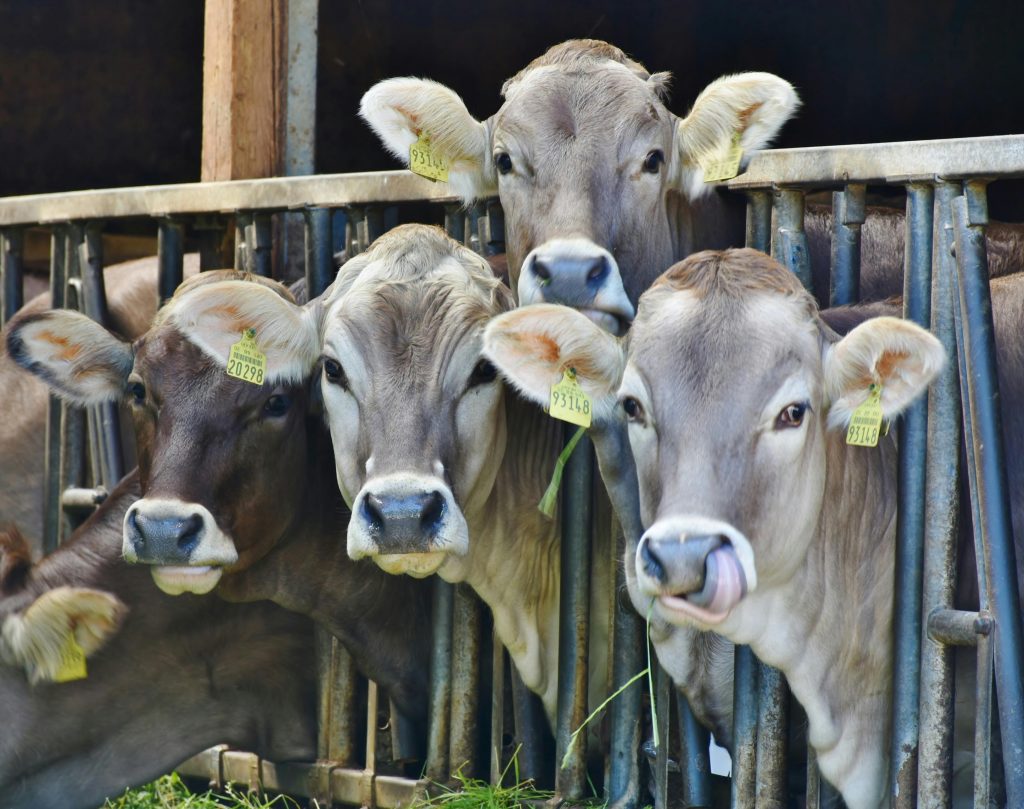
Unmasking Neglected Realities: Exploring the Overlooked Dimensions of Agricultural Crime
Livestock theft is wreaking havoc on the South African economy, causing an estimated annual loss of 1.4 billion. The situation is rapidly deteriorating, with farmers living in constant fear for their lives and witnessing the brutal and savage on-site slaughtering of their cattle. The repercussions are dire, not only for individual farmers but also for the broader agricultural landscape in South Africa.
Livestock theft is wreaking havoc on the South African economy, causing an estimated annual loss of 1.4 billion. The situation is rapidly deteriorating, with farmers living in constant fear for their lives and witnessing the brutal and savage on-site slaughtering of their cattle. The repercussions are dire, not only for individual farmers but also for the broader agricultural landscape in South Africa.
Farmers and businesses find themselves on the brink of losing everything they’ve worked for, jeopardizing millions of farming disciplines. The Dairy industry and Abattoir workers face the looming threat of unemployment. As a consequence, consumers are forced to dig deeper into their pockets to afford the soaring meat prices. If this trajectory continues and communities fail to unite against these thieves, only the affluent will be able to afford meat, exacerbating social and economic disparities.
The National Stock Theft Prevention Forum (NSTPF) asserts its commitment to bringing the culprits to justice, leveraging the resources at their disposal. However, crime reports indicate a decrease in livestock theft, a claim that is met with scepticism. Farmers have lost faith in the reporting system, with barely half of the cases being officially documented. These inaccurate statistics barely scratch the surface of the grim reality faced by farmers.
In January 2012, Grain SA published 18 safety hints by Lt. Col Johan Scott, then commander at the Stock Theft unit in Vereeniging, offering guidelines to prevent livestock theft. Some key points include keeping loading ramps locked or obstructed in unsupervised areas, conducting regular livestock counts, and marking animals according to the Animal Identification Act.
Despite these precautions, the burden falls heavily on the farmers. They wake up to scenes of their land soaked in blood, with cattle subjected to horrific acts of cruelty. Feet are severed to immobilize the animals, followed by skinning alive, and only select parts are extracted for illegal trade.
Farmers plead with consumers to refrain from buying cheap meat from unfamiliar sources, emphasizing that this contributes to the heinous and cruel slaughter of animals. They warn of the impending consequences—economic hardship for small farmers, unemployment, and a future devoid of food for the generations to come.
It is time for South African citizens to adopt the ‘Orphan’ of Agricultural Crime, ceasing participation in illegal activities that fuel this destructive market. A collective effort is needed to fight for food security in South Africa, recognizing the value of a sustainable agricultural system for the well-being of the nation and its future generations.
